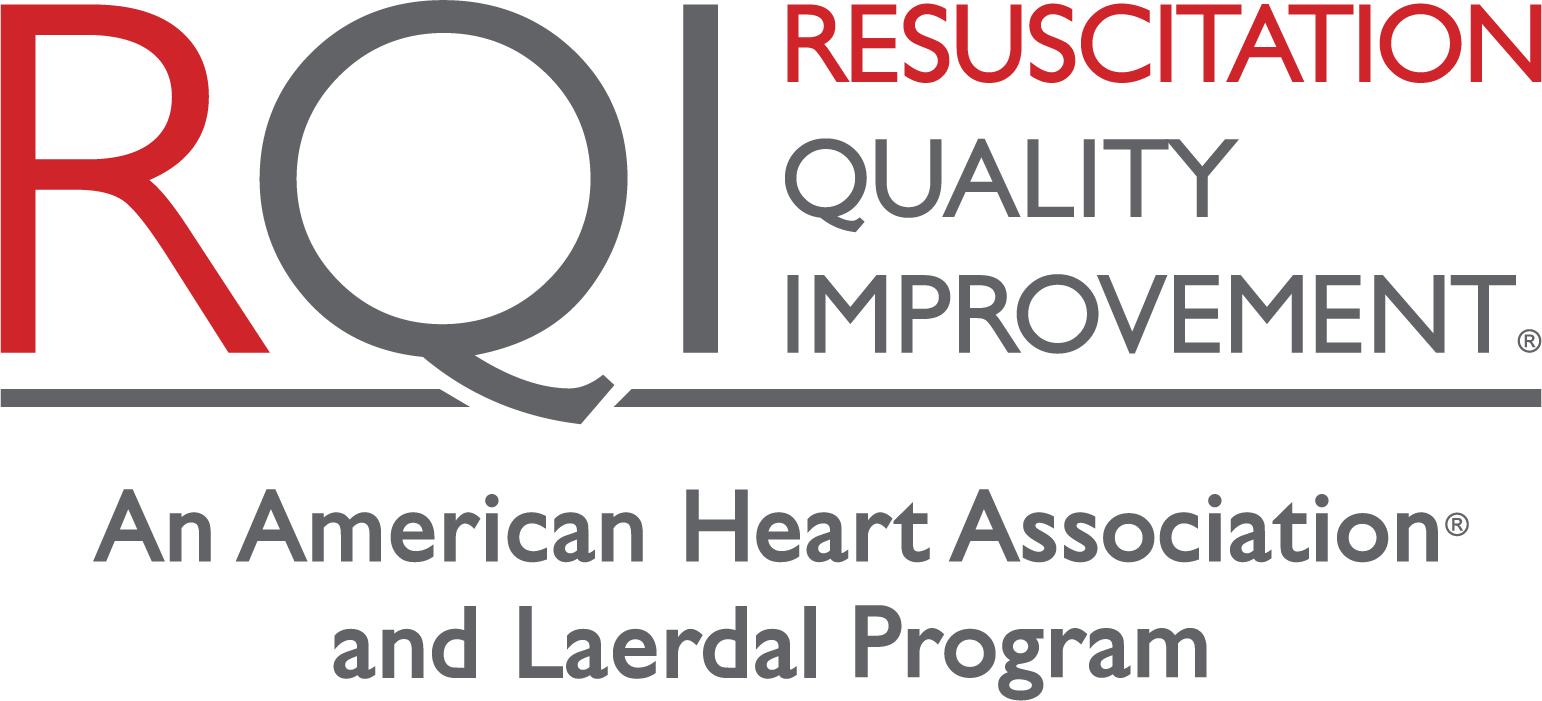Are the RQI ALS and PALS Programs Designed for the Initial Learner?
The RQI ALS and PALS programs are designed with a diagnostic entry point to evaluate, differentiate, and provide a personalized experience for learners prior to ...
Subscribe to receive updates on the research and evidence behind RQI
